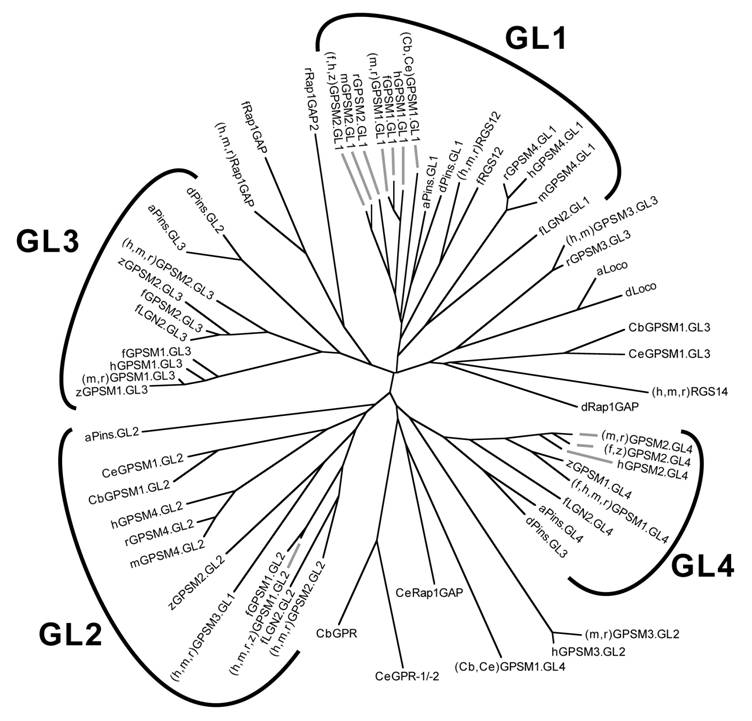
If there is volume overload on heart such as in high blood pressure, it will cause the heart to enlarge and finally it will stop pumping blood due to heart failure. This catastrophe is prevented by a gene that is RGS2 (regulator of G-protein signaling 2), which functions to protect the heart from going into failure. In order to prove the role of Viagra (sildanefil citrate) in protecting heart from the deleterious effects of high blood pressure was demonstrated by subjecting the mice to high blood pressures. These mice were divided into two groups, one were those that did not have RGS2 and the other with the RGS2, protective gene for heart that prevents the heart from hypertrophy.
Both the groups were induced with high blood pressure and the mice that were lacking the gene RGS2 had about 90% increase in the weight of the heart and about half of the mice of this group died during the experiment. The study also revealed that the mice that did not have RSG2 gene had no effect of sildanefil on heart.
The experiments to study the effects of RSG2 to prevent heart's enlargement have been going on for about three years now and now more recent experiments are focused to determine the combined effects of sildanefil and RSG2 on preventing heart from enlarging.






